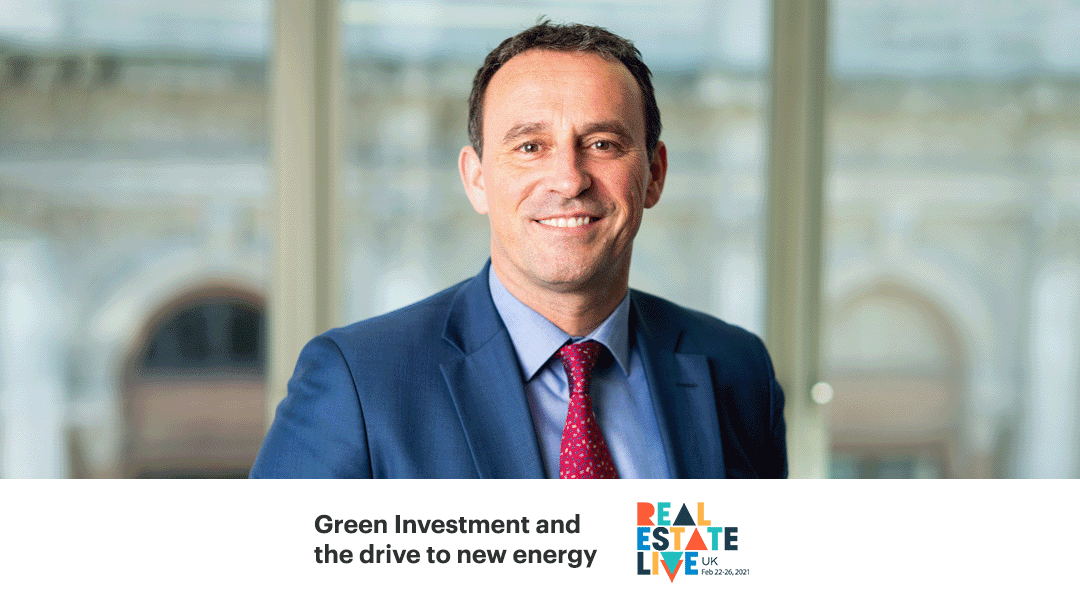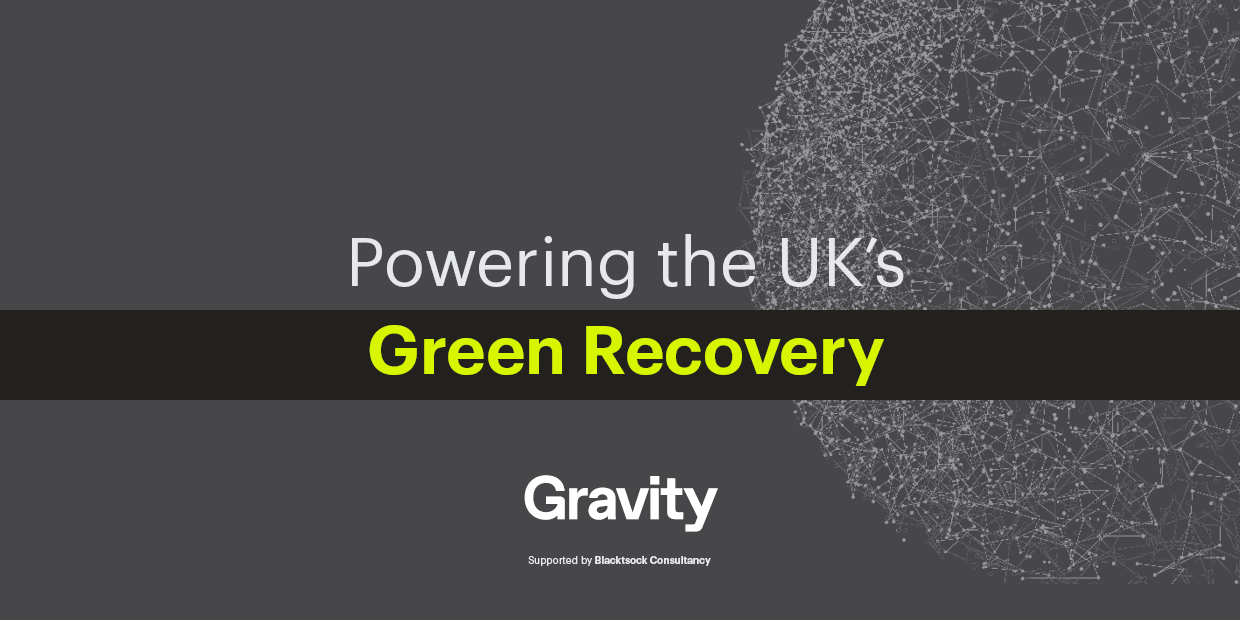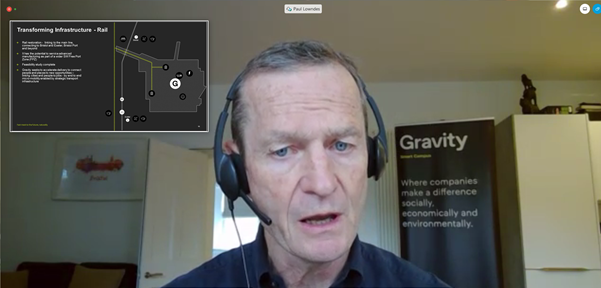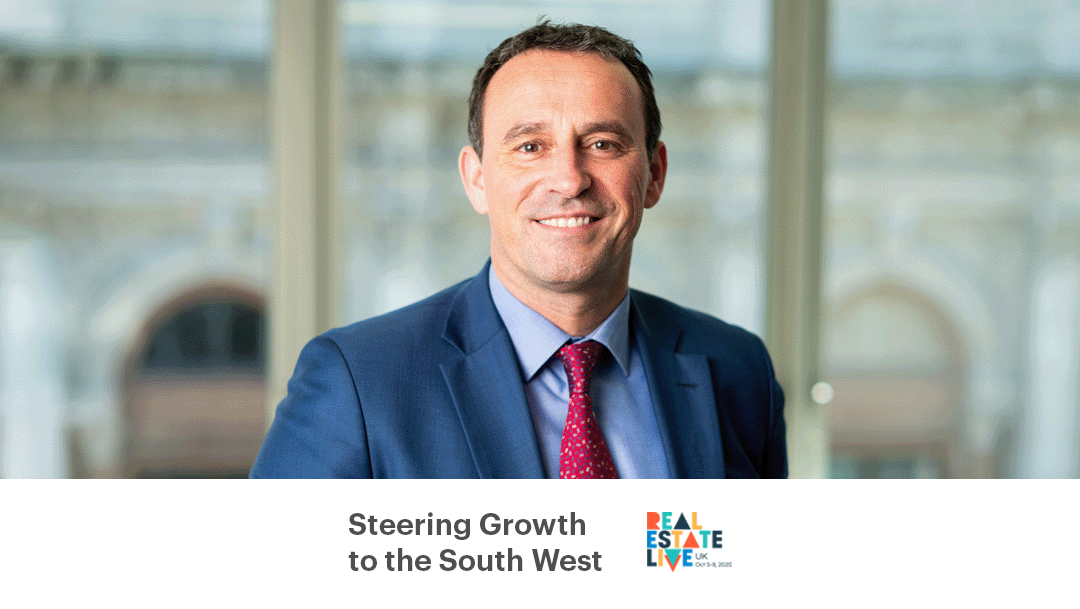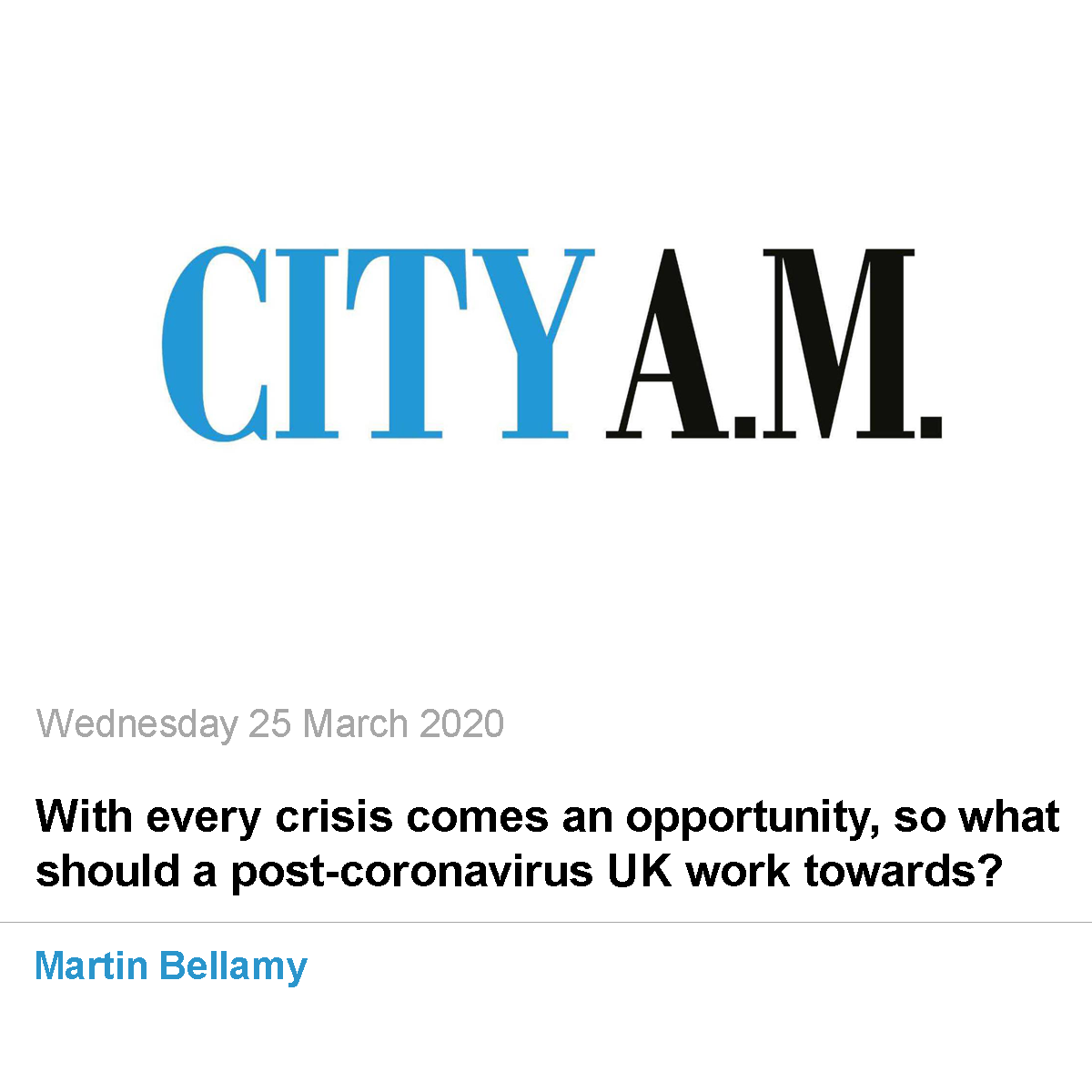- A new report led by This is Gravity, brought together leading thinkers to consider how the UK can turn climate change rhetoric into reality
- Contributors include utility giant E.ON, University of West England, University of Bristol and maritime decarbonisation company Artemis Technologies
- The report contains 8 recommendations that if adopted by Boris Johnson would help turn rhetoric into concrete action
With world leaders having attended the G7 meeting in the UK, and set to return in November for COP 26, the likelihood is that the amount of hot air produced on the environment and the future economy during these events will only serve to speed-up climate change.
The world cannot afford any more rhetoric. Instead, clear action is needed now if the UK – and the wider international community – is going to transform its economy into a greener, cleaner one that will be sustainable for the future.
Central to that is a need to pivot the UK economy away from services and towards being a green manufacturing hub, argues a new report, Powering the UK’s Green Revolution, from This is Gravity Ltd, which is building the UK’s first green campus, the 616-acre Gravity in Somerset.
Martin Bellamy, CEO of This is Gravity, said “Post-Brexit and pandemic, the UK will need to reinvent itself as our competition for trade and business will be truly international given our departure from the EU. Now is a golden chance to become the blueprint for pivoting away from our industrialised economies towards a greener and cleaner future.
While the proposed cuts to emissions are good targets to have, we need to see less rhetoric and more concrete action taken both by governments and the private sector.
Frankly, the action currently being taken is not swift or decisive enough. The International Energy Agency reported emissions were higher in December 2020 than in 2019, even with lockdowns. If we are to reverse climate change and leave our children a future, we need to change course immediately. Fundamentally that means more tax incentives for innovative firms investigating new technologies for clean industry and power, and a framework for green financing to help build the pool of capital necessary to finance these projects.”
According to the Stern Review, the global costs of climate change could be between 5% and 20% of GDP per annum if we fail to act, dwarfing the costs of effective international action, estimated at around 1% of GDP in 2050. In addition, the net costs of mitigation in the short to medium term will be higher if global action is delayed or if there is uncertainty about the investment and changes in behaviour needed to make the transition.
This is Gravity ’s Martin Bellamy commented:“There are a raft of innovative industries waiting to be scaled-up – and they will need modernised hubs and facilities, like Gravity, to cater for low carbon technologies and workforce demands. This would create thousands of local jobs and kickstart a greener UK economy that the rest of the world will eventually have to mimic.
Over the last two decades or so, since former vice president Al Gore released An Inconvenient Truth, climate change has slowly crept up the agenda. It’s now essential enough that major investors and governments all say it is a priority. But the time for talk must now stop. It’s time for action.”
The report has set out eight recommendations, that if subscribed to on their own or as a whole, could help the UK become a world leader for a clean and green growth economy.
The recommendations are:
1. Make the super deduction tax a tool for green growth:
The Problem: Currently, the super deduction tax, aimed to help spur investment into manufacturing, has no green component
The Solution: Firms must be encouraged to invest in green and clean industries. Making the super deduction more favorable to firms investing in green and clean machinery would help achieve this.
2. End greenwashing:
The Problem: To finance a green industrial revolution, investors must be confident their monies are going into suitable projects. However, greenwashing – where funds are not directed into sustainable and clean projects – still happens. This dents investor confidence and results in less capital available, making financing more expensive.
The Solution: It should be mandated that any green financing vehicle found to be greenwashing should be subject to a hefty fine. We recommend a higher fine value than the UK GDPR and DPA 2018 set in 2019 regarding a data breach, where a maximum fine was imposed at £17.5 million or 4% of annual global turnover.
3. R&D tax credits for innovative scale-ups:
The Problem: To support investment
In areas that encourage growth and innovation, R&D is crucial. However, the Government is still in the midst of a third consultation and little progress is being made on implementing anything tangible.
The Solution: Widen the scope of eligibility for the R&D tax credit to ensure it keeps pace with modern R&D practices, such as clean growth technology; review the availability of data on R&D expenditure to ensure the R&D tax credit’s effectiveness continues to be monitored appropriately; The Government must ensure the R&D tax credit is internationally recognised as world-class by regularly benchmarking the UK’s regime against international peers
4. A green project pipeline:
The Problem: Despite plans to launch the UK’s first Green sovereign bond later this year, there is currently no list of green projects earmarked by the Government. Investors will need to have confidence their money is going into sustainable projects; otherwise, they may shy away from investing due to greenwashing fears.
The Solution: To help the UK become a beacon for green investors, the UK needs to have a rolling list of green projects that it will finance via institutional/retail bonds.
5. Stop penalizing the consumer:
The Problem: We urgently need to develop zero-carbon technologies to make them cheaper and deployable at scale so that the end-user – often the ordinary person on the street – does not find themselves having to pay a green premium.
The solution: Green-inspired regulations, such as the ban on sales of petrol cars after 2020, should not penalise the end-consumer. Instead, companies who commit to reducing emissions should be handed either grants or tax breaks to encourage them to develop green and clean products that can be sold at no extra cost to the consumer.
6. The UK should establish clear transparency rules:
The Problem: Currently, how companies report green projects is not clear or consistent
The Solution: The UK government should work closely with companies to define a set of metrics to measure green investment/ decarbonisation. From our research, we know companies are very willing to work with the Government on this.
7. Support entrepreneurs and SMEs:
The Problem: Innovation is likely to come from start-ups. Silicon Valley has proved this time and time again across the pond. While in this country, entrepreneurs like Sir James Dyson and Sir Richard Branson have created countless thousands of jobs through their enterprise.
The next generation will need support to be able to compete in an ever more globalised market.
The Solution: SMEs and entrepreneurs will be the driving force behind many green innovations. The UK should ensure these are sup- ported by the Government considering raising funds to build incubators up and down the breadth of the country. Where possible, these funds should be given to universities that already operate these incubators and take a long-term view.
8. Stop top-down policies that throttle innovation:
The Problem: The Government is currently mandating solutions through legislation. For example, moves to ban sales of petrol or diesel cars from 2030 or ban boilers may on the face of it sound like good ideas. However, in many senses these types of policies are restraining solutions to the climate crisis.
The Solution: Government policy should look to encourage innovation from the private sector. For example, it’s impossible right now to really predict if electric vehicles are the panacea to the climate crisis. Hydrogen power may turn out to be the solution. But if the market is only encouraged to go down one path, then it is unlikely any backing will be given to truly innovative technologies.


